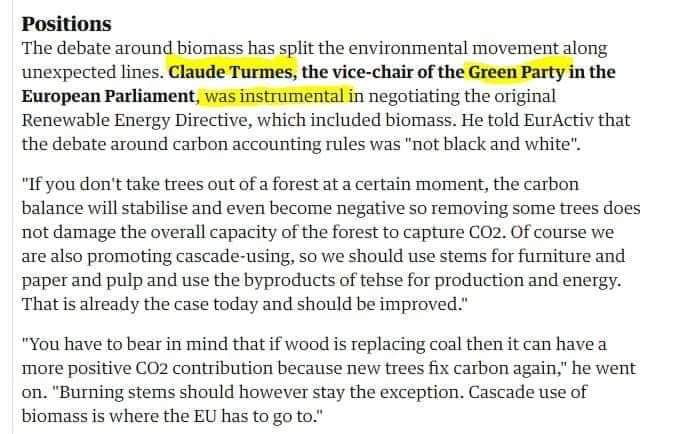Putin, or to be more precise, the kleptocracy he created, doesn’t really need nor care about fans in Europe. Putinversteher is the attitude that is perfectly sufficient for their tactical goals.
How do you precisely distinguish “unnecesary” from “necessary”? You just had a Russian with FSB-issued fake passport assassinate a German citizen in Berlin. In 2006 you had Kovtun and Lugovoy leave radioactive polonium traces in half of Germany, as they traveled to London to kill Litvinenko. In 2016 you had Russian foreign minister and German-language propaganda stations incite social unrest based on entirely false story of Lisa F.
Yet none of these caused slightest diplomatic action from German government, which apparently thinks that would be “unnecessarily confrontational”. Russian TV is making fun of Angela Merkel, I’ve seen it myself!
I happen to know Russia pretty well as I’ve been going there frequently for the last 20 years and it’s a great country that is unfortunately ruled by people of criminal background, literally. These people consider lack of reaction not as kindness but as a weakness, and will only escalate hostile actions, simply because they can. Do you remember when Turkey shot down Russian Su-24 over Turkish territory after Russian army violated their airspace for months? Do you think that was “unnecessarily confrontational”? Well, what happened next must have been truly surprising for any German leader: Russians stopped violating Turkish airspace! And shortly after became the best pals with Erdogan, because this is how you earn respect with gangsters.
Kyshtym was a military plutonium production site. In such case your FUD is missing Hiroshima and Bikini.
And still, 66 is less than 171’000 killed in China dam disaster. And also less than 200+ killed in Brazil dam disaster in 2019.
Also this year: At least 10 killed in explosion at gas factory in central China.
I’m not saying Russia is “being mean” for building nuclear reactors, quite the opposite - I respect their nuclear industry quite a lot. I said it’s German Energiewende that is stupid as it shuts down German reactors, switches to Russian gas and kind of pretends that it has just heroically saved the world from nuclear holocaust, while a dozen of new reactors are being built in Russia. This is just like outsourcing all industrial production to Asia and saying “look, we emit no CO2 in Europe now!”.
Also as you mention Cold War oil and gas supplies, this may come as a surprise but they did not supply these for free. You should probably also read about the famous rope metaphor frequently employed by Soviet leaders.
Poland’s precarious situation is 100% responsibility of its populist government and, sorry to say that, conservative and under-educated population. Germany is scared to death of “radiation” (except for FSB polonium, that is) and prefers “safe and clean gas”, Poland is both scared and unwilling to spend money to invest into nuclear, wind or solar because “our grandfathers used coal” attitude.
That’s precisely why I’m living in the UK now.

